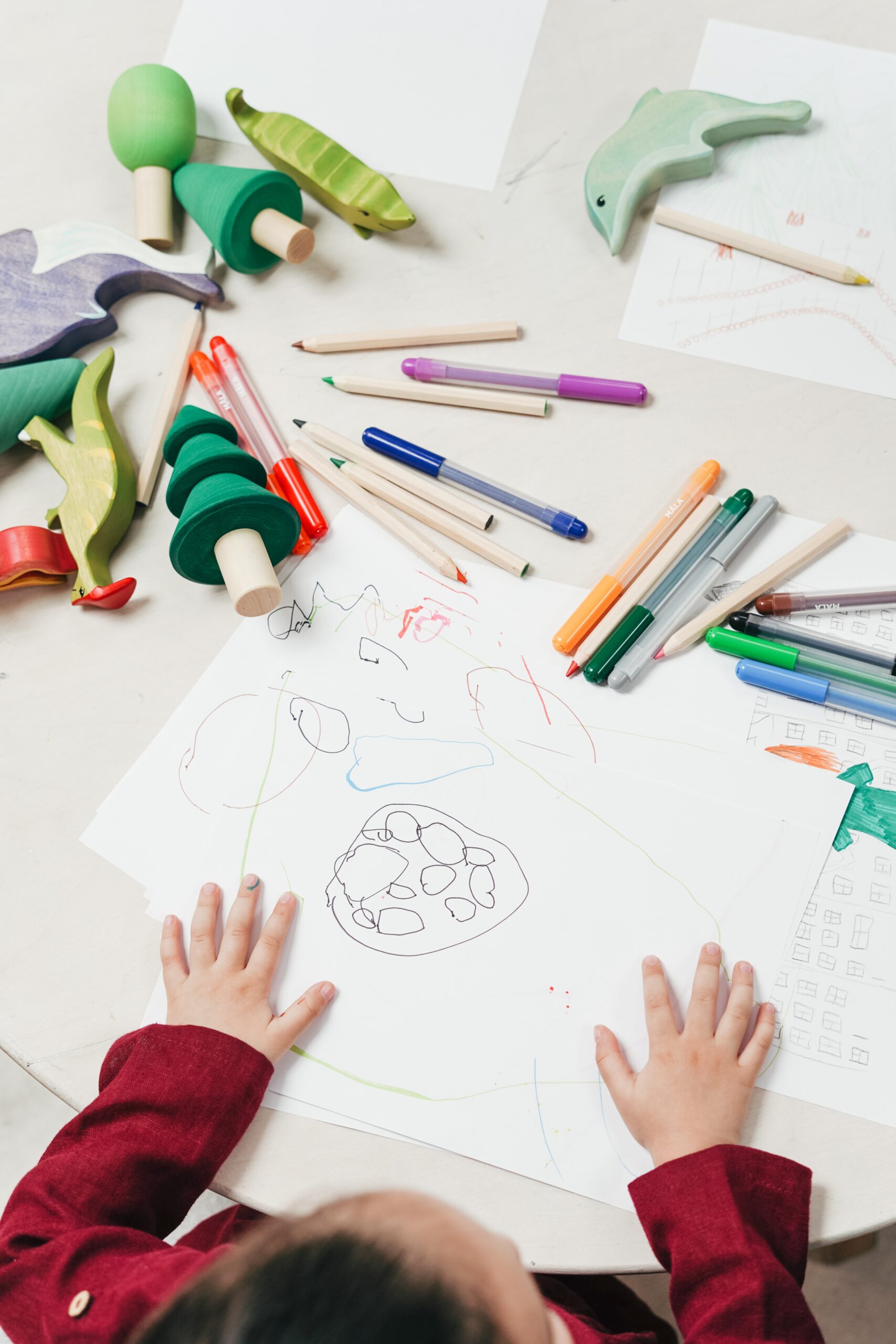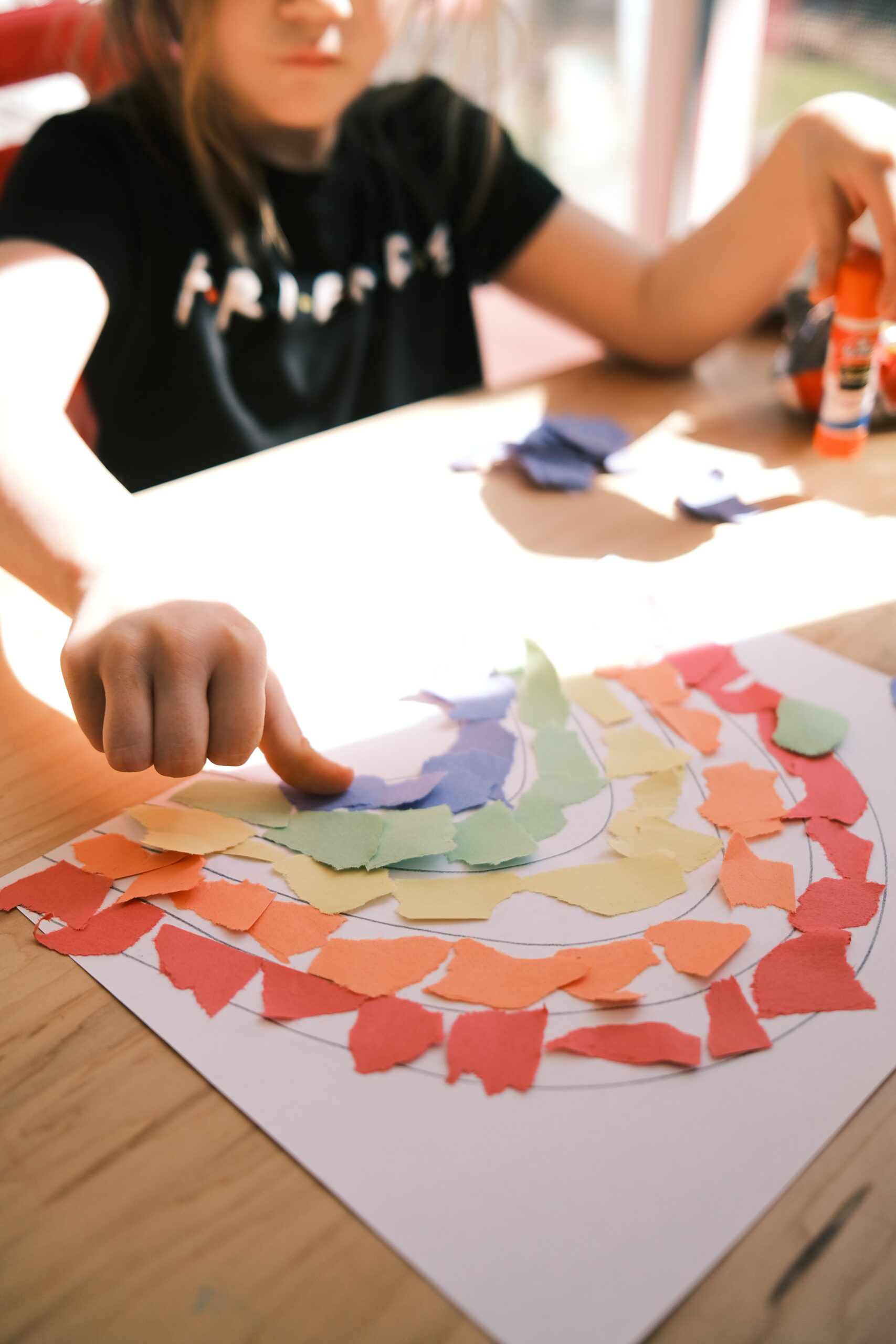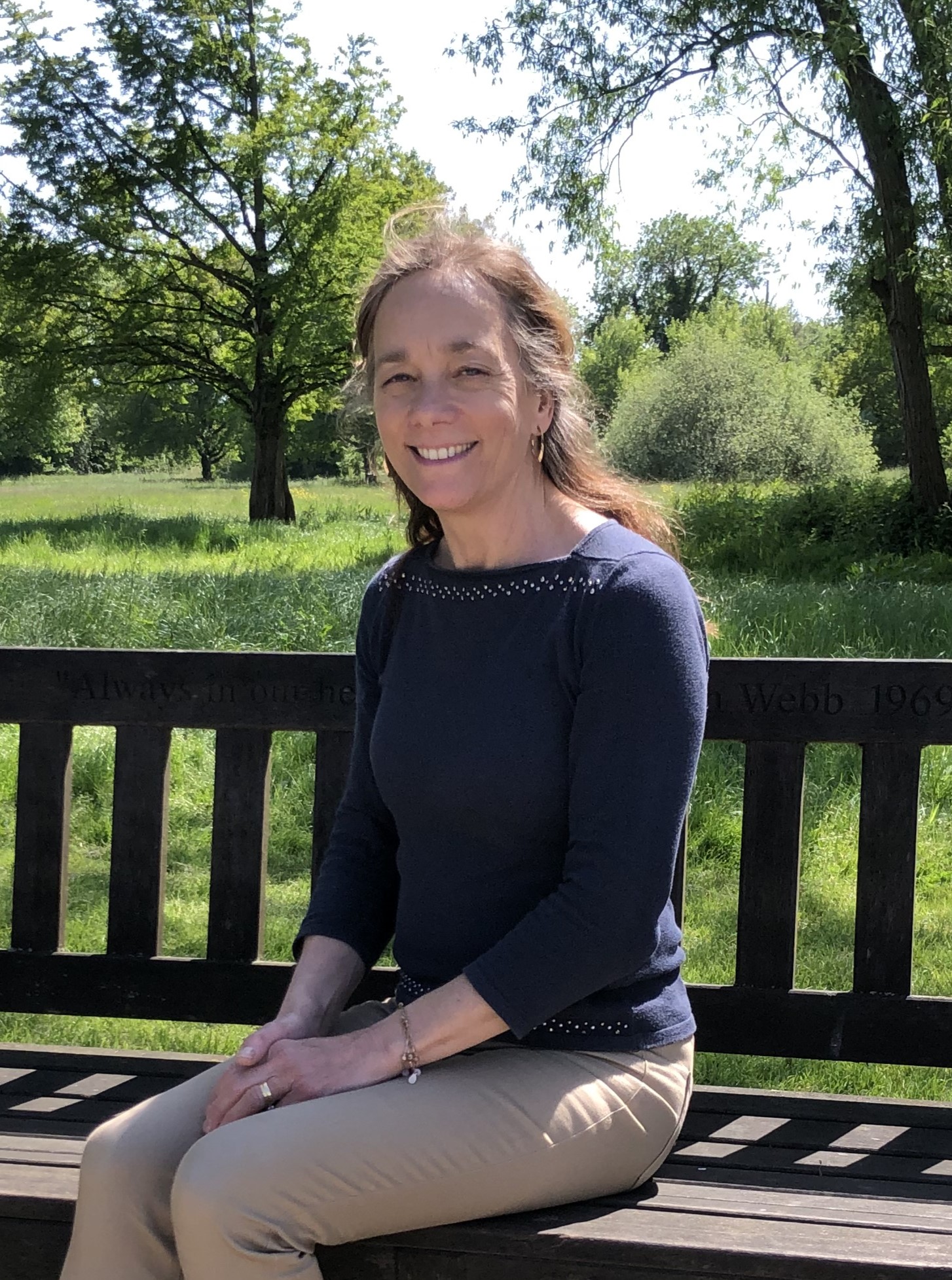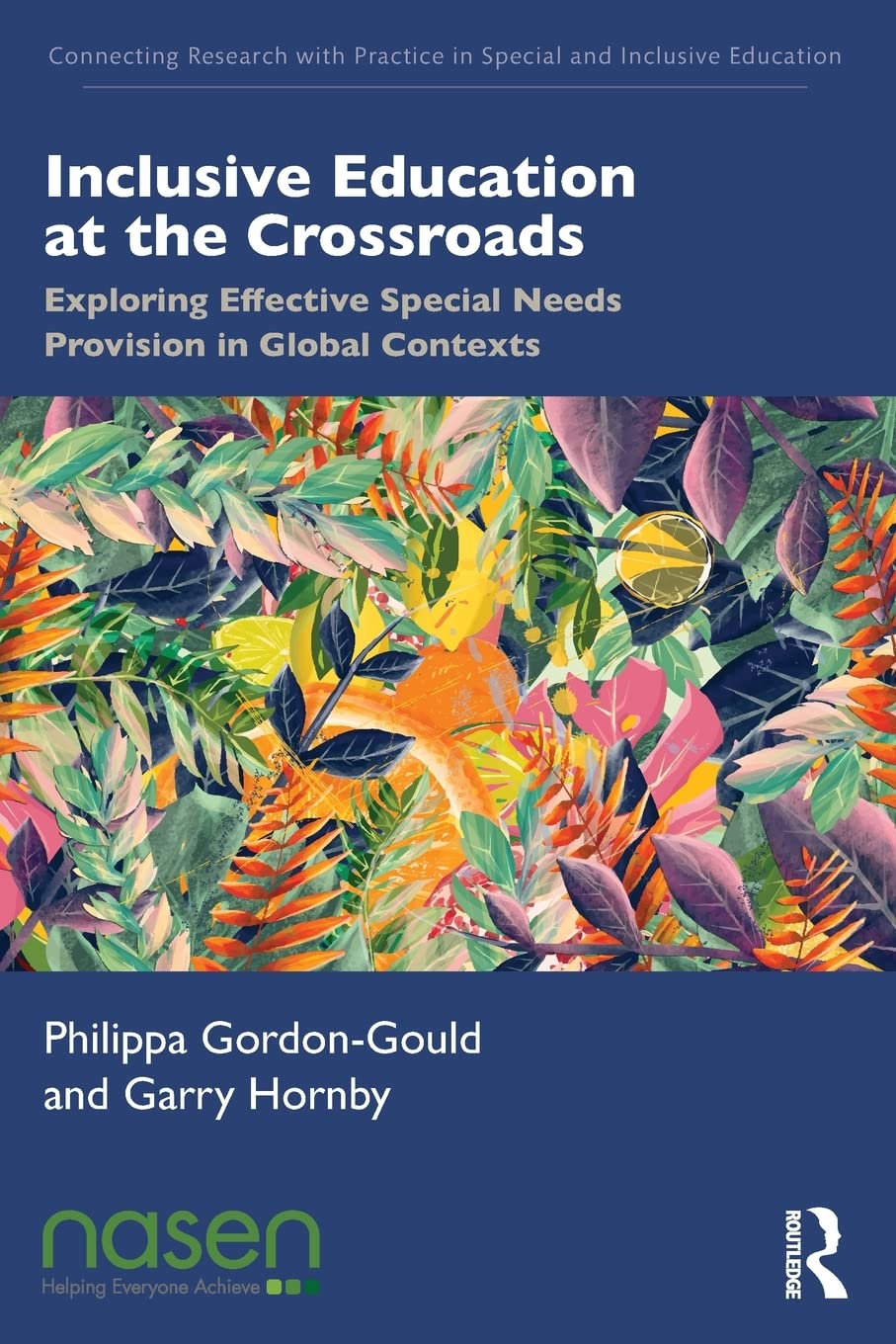



My Education
Philippa (BA (Hons); SpLD (Dip); PGCE (MFL); NASENCO).
I was born into a musical family in a rural village between Winchester and Salisbury in Hampshire, England and completed a music degree at the University of Leeds. My teaching career started while still a post graduate music student when I taught English as a modern foreign language to college students in France. In France, I completed post graduate studies in flute at the Lille Conservatoire and studied French at the University of Lille.
After living and working in US and Europe, I now work as a freelance teacher and as a Special Educational Needs consultant in East Anglia. Following my first degree in music at University of Leeds, I completed post graduate studies in flute at the Lille Conservatoire. I later trained as a teacher at Christchurch University, Canterbury and specialised in supporting children with Dyslexia and other neurodevelopmental learning needs.
After starting out my teaching career as a private music teacher, I acquired many years of experience tutoring children with dyslexia and dyspraxia on a one-to-one basis. Since then, I have gained over 14 years of classroom teaching experience across all age ranges and then working as a Special Educational Needs Coordinator.
My experience in the classroom left me with many questions about the effectiveness of special needs provision in mainstream schools and whether the path schools were on was the right one. The lockdown months during the Covid pandemic gave me an opportunity to turn my attention more extensively to develop some research I had been grappling with for several years. I particularly wanted to explore the way in which the implementation of inclusion had developed since its onset across England and to make comparisons with a range of other countries around the world.
Career Timeline
- 1999
I taught English as a foreign language to primary school children through verse and song at a Rudolph Steiner school.
- 2001
On returning to England, five years later, I settled in Suffolk where I continued to teach music and specialised in teaching children with Dyslexia.
- 2008
As a mature student, in 2008, I trained to become a classroom teacher at Christchurch University in Canterbury where I specialised in teaching French.
- 2008
Since then, I have worked across all age groups from 4 – 16 in a range of schools including Montessori, mainstream primary, middle and secondary as well as special schools. It was thanks to my own four children that I developed my knowledge and understanding of children with special educational needs
- Today
Working with Garry Hornby: Our collaborative research and exchange of ideas led to the cooperative writing of our book, Inclusive Education at the Crossroads: Exploring Effective Special Needs Provision in Global Contexts.

Book Release
Introducing Inclusive Education at the Crossroads:
Exploring Effective Special Needs Provision in Global Contexts. Gordon-Gould and Garry Hornby.
Inclusive Education at the Crossroads explores the short and long-term effectiveness of government plans to reform policy for special needs education, confronting difficult questions on policies about inclusion and suggesting alternative ways forward for achieving more effective education of children with special educational needs and disabilities (SEND).
Relevant Research
Anastasiou, D. & Keller, E. (2010). Special Education in Finland: A system beyond the uniformity of a globalized ideal. Education Sciences – Special Issue, 1255-167.
Gierczyk, M. & Hornby, G. (2021). Twice exceptional students: Review of implications for special and inclusive education. Education Sciences, 11(2), 85. https://doi.org/10.3390/edusci11020085
Kauffman et al., (2022). Parents‘ and educators’ perspectives on inclusion of students with disabilities. In C. Boyle & K. A. Allend (Eds.). Research for quality inclusive education: Sustainable development goals series, pp. 205-217.
Kauffman, J.M. & Hornby, G. (2020). Inclusive Vision versus Special Education Reality. Education Sciences, 10(9), 258. https://doi.org/gk9xk2
Koepfer, A. Powell, J.W. & Zahnd R. (2021). International handbook of inclusive education: Global, National and Local Perspectives. Verlag Barbara Budrich.
Magnusson, G. (2022). From Salamanca to Sweden: Inclusive education as a policy in transit. International Encyclopaedia of Education (4th ed). https://doi.org/10.1016/B978-0-12-818630-5.12022-6
Schleicher, A. (2014). Equity, excellence and inclusiveness in education: Policy lessons from around the world: International Summit on the Teaching Profession. OECD.
Sobel, D. (2017, March 8). Looked-after students and Attachment Disorder. SecEd. https://www.sec-ed.co.uk/best-practice/looked-after-students-and-attachment-disorder/
UNESCO (2019) Towards inclusion in education: Status, trends and challenges. The UNESCO Salamanca Statement 25 years on. UNESCO.
Walker, Z., & Musti-Rao, S. (2016). Inclusion in high achieving Singapore: Challenges of building an inclusive society in policy and practice. Global Education Review, 3(3), 28-42.
Warnock 40 Years on: The Development of Special Educational Needs Since the Warnock Report and Implications for the Future. Lindsay, G., Wedell, K & Dockrell, J. (2020). https://doi.org/gmf6r5


